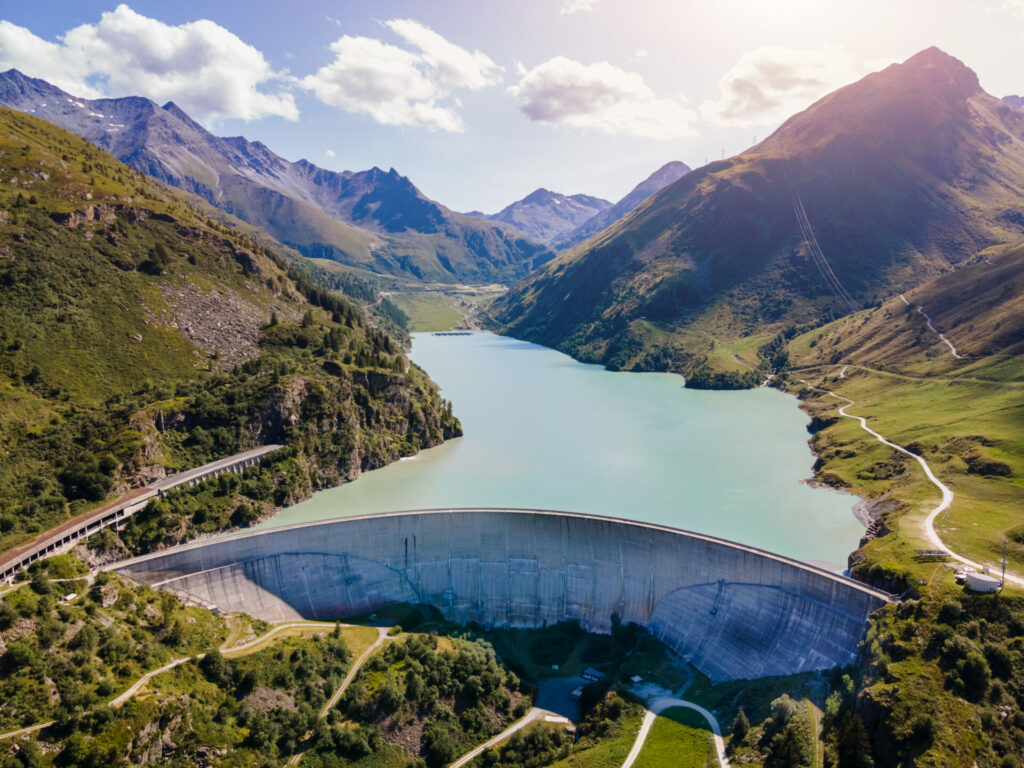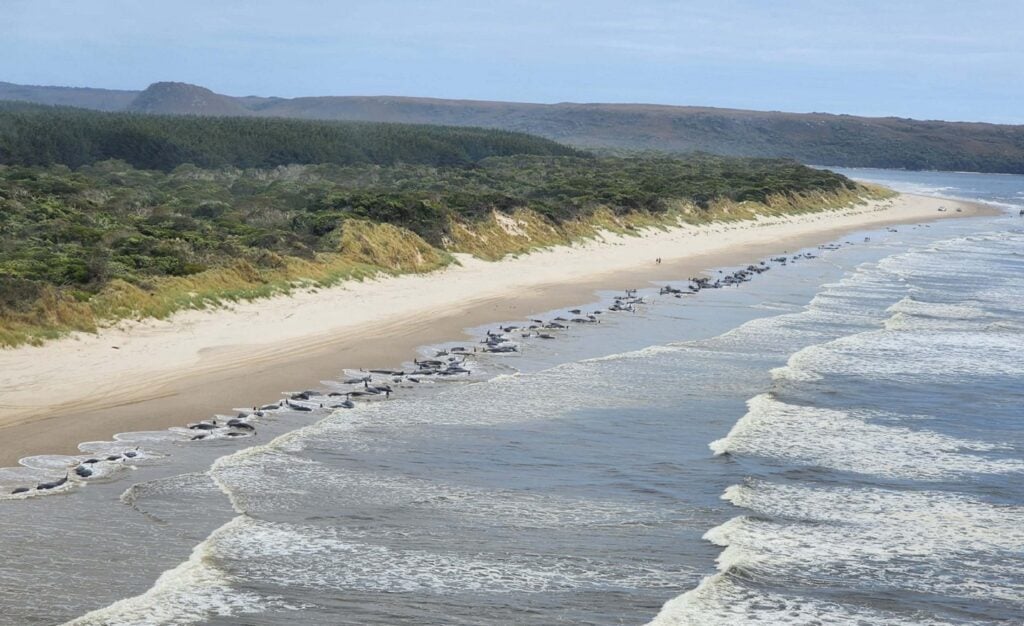Switzerland is considering a ban on electric vehicles (EVs) this winter in a bid to avert an energy crisis.
An emergency proposal has been drafted by the Swiss Federal Council for the government to consider, in order to combat possible power shortages and the threat of blackouts.
In summer hydro-electrics supply the majority of the country’s needs at 60 per cent – but in winter, due to freezing temperatures, it relies on imports.
A report entitled ‘Ordinance on Restrictions and Prohibitions on the Use of Electric Energy’ outlines four stages of escalation if the county faces an energy crisis. Restrictions on EVs are at the third level.
Measures could see streaming services and games consoles banned, Christmas lights turned off, escalators to be stopped, and all sports stadiums and leisure facilities closed.
It states: ‘The private use of electric cars is only permitted for absolutely necessary journeys (e.g. exercising one’s profession, shopping, visiting the doctor, attending religious events, attending court appointments)’.
The proposal is intended to regulate ‘restrictions and prohibitions on the use of electrical energy in order to secure the country’s electricity supply’.
Energy Crisis Curbs
The emergency plans to curb an energy crisis also include shop opening hours to be reduced by up to two hours per day, heating systems in nightclubs to be turned off, and other buildings to be heated to no more than 20C.
Measures could see streaming services and games consoles banned, Christmas lights turned off, escalators to be stopped, and all sports stadiums and leisure facilities closed.
In summer the Swiss use energy from hydroelectric power stations, such as dams across rivers or generators placed between lakes.

Also around a third of its power comes from nuclear, which the government has committed to phasing out, and the remaining comes from a mixture of traditional fossil fuel plants and solar or wind generation.
But because hydropower relies on rainfall and snow melt to top up rivers and reservoirs, it naturally increases during spring and summer but falls off in autumn and winter as temperatures drop.
Switzerland exports large amounts of power to neighbouring nations during the warmer, wetter months and imports when it is colder.
So energy shortages in Europe caused by Russia’s war in Ukraine will impact the country – even though it burns almost no Russian gas as Germany is its largest supplier and was hugely reliant on Moscow’s energy.













